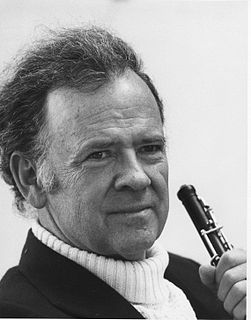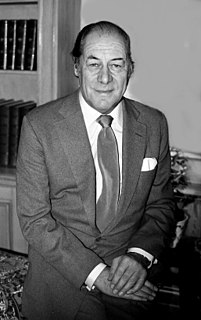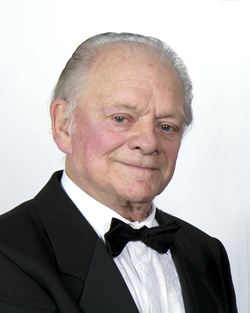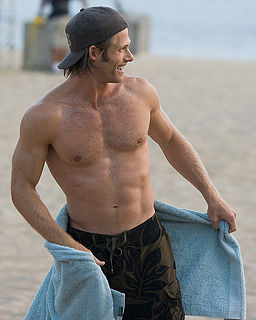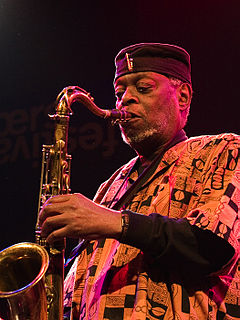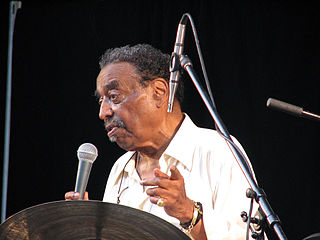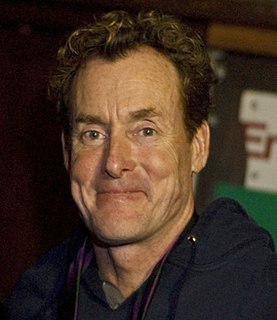A Quote by Ray Still
Notes, usually to be musical, have to move in or out. They don't sound like clarinets!
Related Quotes
Originally I had a block about appearing in a musical. I went to a voice teacher for a while, but that did no good. My range is about one and a half notes. I ended up talking the musical numbers, which was revolutionary at the time. The lyrics are extremely intricate. They move along like a precisely acted scene. If you miss a word - heaven help you - the orchestra rattles past like an express train, and you've got to run like the devil to catch up.
Like how stars might sound. Or moons But not mountains. Too floaty for mountains. It's a sound like one planet singing to another, high stretched and full of different voices starting at different notes and sloping down to other different notes but all weaving together in a rope of sound that's sad but not sad and slow but not slow and all singing one word. One word.
Congratulations to all the members of the wonderful Treorchy Male Choir past and present. In moments of grief or joy, the sound of the Choir can move and uplift and restore spirits like no other sound. Masters of their craft, each and every singer plays a vital role in helping maintain such a fantastic musical tradition. Long may the Choir prosper and continue to the delight of audiences around the world.
When we sit in meditation and hear a sound, we think, 'Oh, that sound's bothering me.' If we see it like this, we suffer. But if we investigate a little deeper, we see that the sound is simply sound. If we understand like this, then there's nothing more to it. We leave it be. The sound is just sound, why should you go and grab it? You see that actually it was you who went out and disturbed the sound.
The script is like music to me. I approach it like it's a musical piece and I hear how it's supposed to sound when people say the words. There's rhythms and there's intonations and things, and so, when somebody comes in and hits the notes that I hear, I go okay. Or, they come close enough, and then I'll say "Well how about you try it like this?" and if they have a good ear and they can pick it up, then I think okay, they've got it.
I have mixed feelings about 'Car 54, Where Are You?' Because we shot it as a musical and whoever the studio head was at Orion, or whoever the powers that be were, cut all but, like, two musical numbers out of it. That is the same as cutting the musical numbers out of 'The Wizard Of Oz'; it wouldn't be that interesting.
